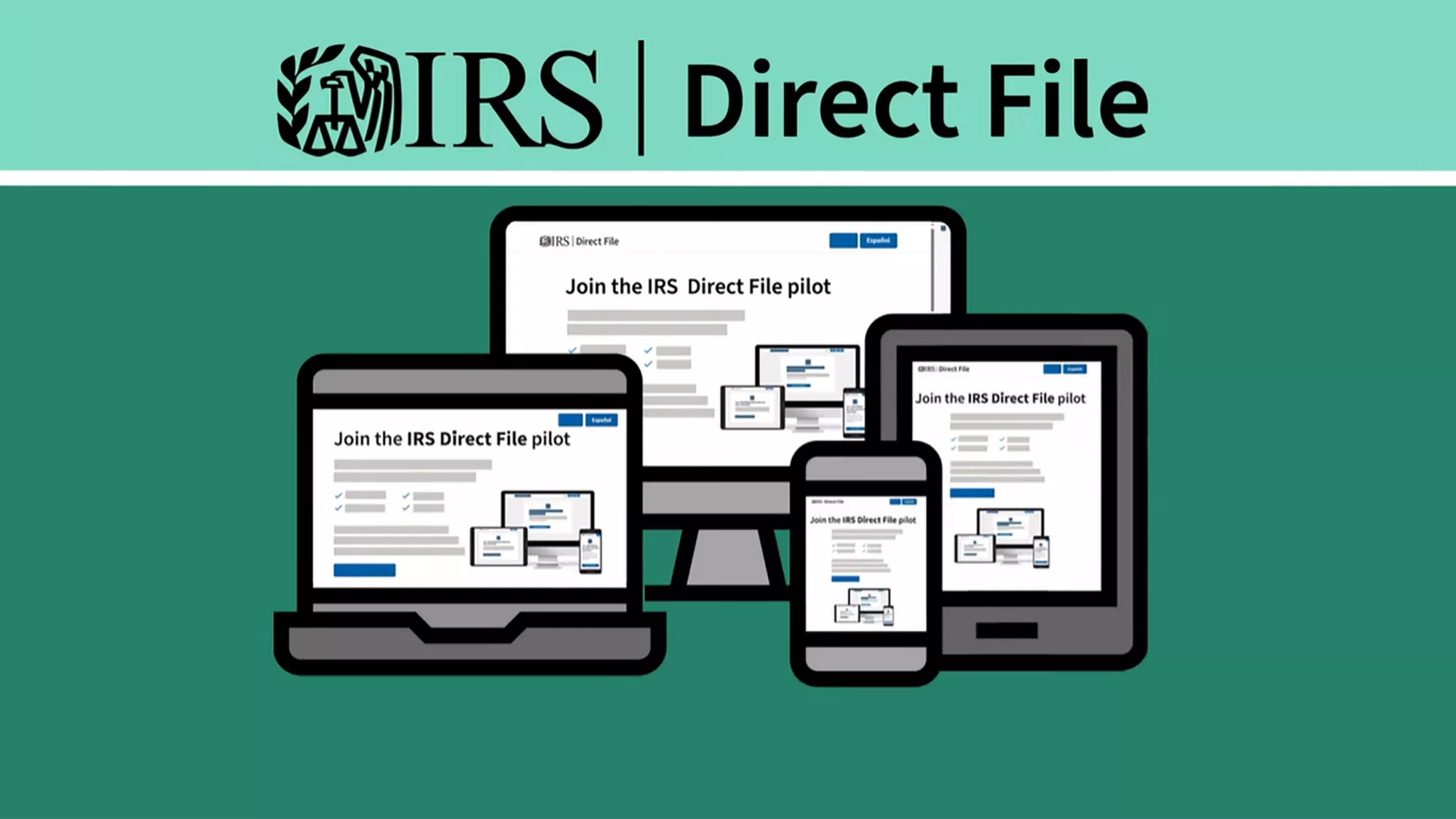A hot potato: Before the new Trump administration took office, the IRS had been working to modernize its aging technology infrastructure and implement major changes aimed at improving the taxpayer experience. Now, the agency faces the risk of being significantly weakened or even dismantled entirely. However, one small piece of consumer-facing software is expected to survive the political upheaval.
The IRS launched Direct File in 2024, offering US citizens a free, user-friendly online platform for filing federal income tax returns. The software quickly gained popularity despite lobbying efforts to derail the project. Now published under an open-source license, Direct File represents a victory for taxpayers, at least when it comes to simplifying the tax-filing process.
The IRS has made most of Direct File's source code available on GitHub, though some components were excluded. The repository does not include any sensitive personal data or code developed for National Security Systems. Due to the omission of certain elements, some features no longer function and have been either removed or rewritten.
Direct File aims to make tax filing more accessible. It is available in both English and Spanish and is optimized for use on both desktop and mobile devices. The release of the software under an open-source license complies with the SHARE IT Act, a Biden-era law requiring federal agencies to publicly share custom-developed code to promote transparency and security.

Direct File was developed by the US Digital Service and 18F, federal tech teams once at the forefront of digital government innovation. While 18F has since been shuttered under political pressure, many of the minds behind Direct File have moved on to join the Economic Security Project's Future of Tax Filing Fellowship, an initiative aimed at making tax filing simpler, more accessible, and less burdensome for everyday Americans.
The Direct File repository has already been forked by Code for America, a nonprofit dedicated to bringing modern, user-focused technology to government services. With its code now open source and embraced by the civic tech community, the future of Direct File appears increasingly independent from federal administrations that may seek to dismantle it.
Of course, this momentum hasn't gone unnoticed by incumbents like Intuit, whose commercial tax software – most notably TurboTax – has long dominated the market. The company has spent millions lobbying against free tax filing solutions, employing dark pattern tactics to upsell users and influencing public policy to preserve its business model. Direct File's continued development and support pose a significant challenge to this status quo.
